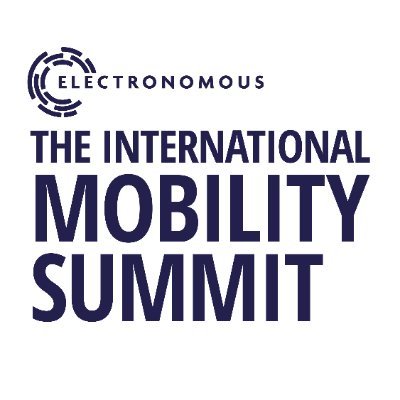New FEVR’s President
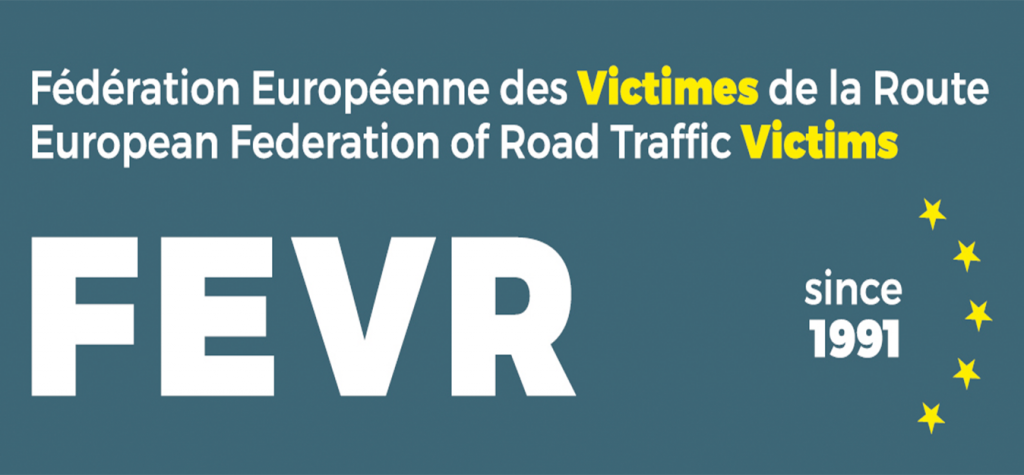
EFA congratulates the new President of the European Federation of Road Victims (FEVR), Filippo Randi. EFA and FEVR have been collaborating together for several years to reduce road accidents and to achieve greater driving awareness. This collaboration will continue over the next few years. EFA also thanks Jeannot Mersch, now Honorary President of FEVR, for the great work done in the last 10 years. Soon the interview with the new President! Congrats!
Austria: 100% face-to-face teaching

Austria returned to 100 percent “in person” training starting with 1st of August.
In Austria, face-to-face teaching for the theory training of learner drivers has been fixed by law. During Corona in spring 2021, e-learning was permitted for a period of six months. The Austrian Ministry of Transport issued a national decree. The text of the decree, which is based on the Motor Vehicle Act, specifies the following: The theoretical training for all classes of driving licenses must take place solely in the form of face-to-face teaching according to the curriculum established for learner drivers. When completing the minimum 32 lessons of theoretical training face-to-face training (classroom training, in-person-training only) ist compulsory. The decree also expressly states that e-learning is only permitted for a limited period during the COVID-pandemic. In Austria, e-learning had a fixed expiry date (July 31st, 2021). There is the possibility of a new temporary permission for e-learning if the corona infections rise again. After that, the theory lessons only take place 100 percent in the form of face-to-face lessons again. E-learning remains voluntary. There are not a single legal regulations for e-learning in Austria. The teaching material manufacturers offer e-learning apps as a voluntary service to the learner drivers.
LAST CHANCE FOR SUBMISSIONS – Excellence in Road Safety Awards 2021
The Excellence in Road Safety Awards 2021 is an opportunity to recognise the contributions of ERSC’s members towards the common goal of improved road safety across Europe through specific and measurable actions in their areas of responsibility.
Winning initiatives will showcase examples where local communities collaborate to focus on road safety as an integral part of the future mobility system: planning and designing for a safe interaction between road users.
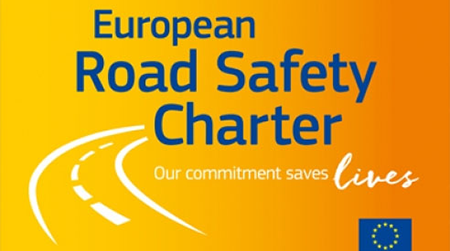
MSA’s September Newslink
Our British colleagues from MSA published the September edition of Newslink! The magazine this month describes some news on driving instructors in the UK.
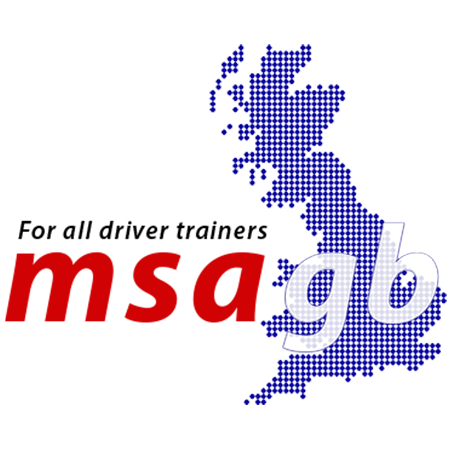
Vision and Driving
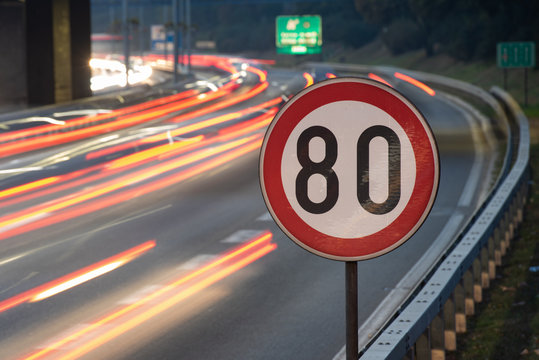
Vision is an indisputable factor in many of the traffic accidents due to human error that happen every day. On 1 April 2020, the United Nations formulated recommendations to governments for enhancing national road safety systems in the framework of its 2030 road safety goals: this included a call to ensure that road users throughout the world have good vision. The report “VISION AND DRIVING: AN UNDERESTIMATED BUT FUNDAMENTAL RELATIONSHIP FOR PROMOTING ROAD SAFETY WORLDWIDE” indicates how to reduce driving risks.
Autotalks platform uses V2X to increase bike and scooter safety
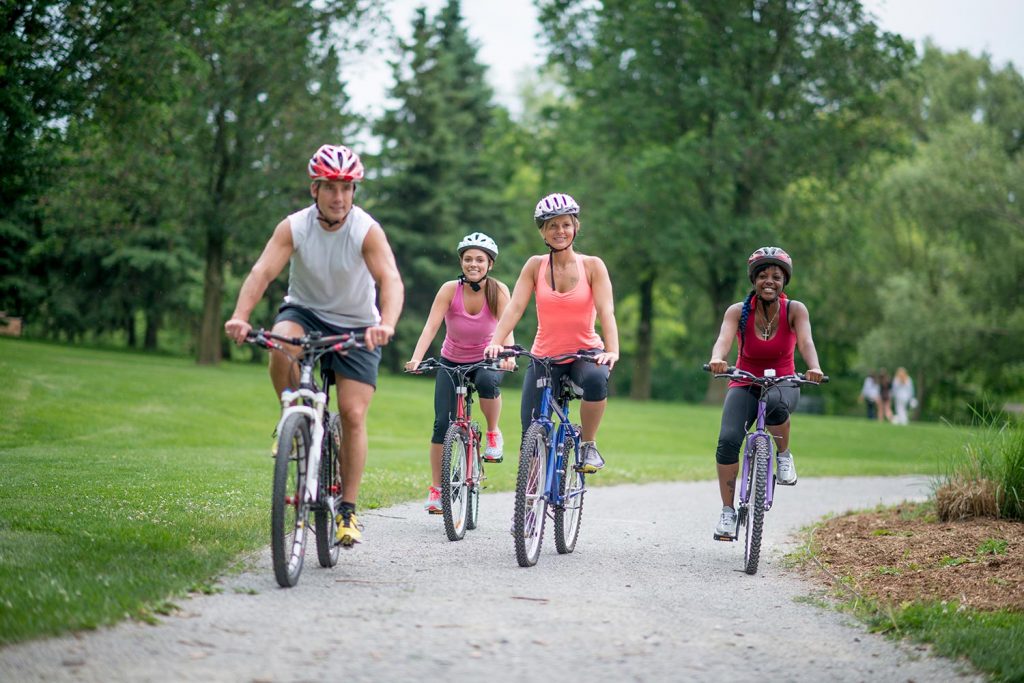
Autotalks has announced the launch a platform for preventing bike and scooter accidents. The ZooZ platform, which is based on a V2X device and a smart V2X sign, will connect micromobility to the vehicle safety network, increasing drivers’ awareness of bikes and scooters, to prevent accidents.
The Innovative Mobility Landscape – The Case of Mobility as a Service
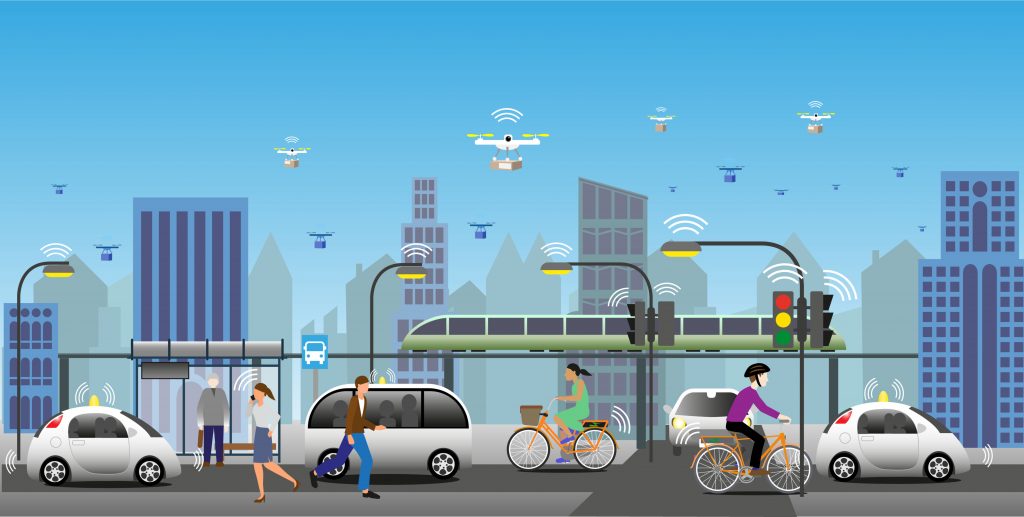
A project carried out jointly by the ITF and the World Business Council for Sustainable Development (WBCSD) delivered a Report. The document begins by addressing the current and future context for urban mobility, including the sustainability challenges ahead. It then reviews how the urban mobility landscape is changing with respect to mobility operators and services. Next, it addresses the development and characterisation of Mobility as a Service (MaaS) as a means to improve urban mobility outcomes. Finally, it reviews a number of critical governance and regulatory challenges that stakeholders must address to create a healthy Mobility as a Service ecosystem.
PAVE Next Events
PAVE is a diverse coalition that unites industry partners and non-profit groups who believe in the potential of AVs. Our non-profit members include disability advocates, safety groups, sustainability advocates, and trade associations. Our industry members include traditional automakers, auto component makers, start-up technology firms, established tech companies, and insurers.
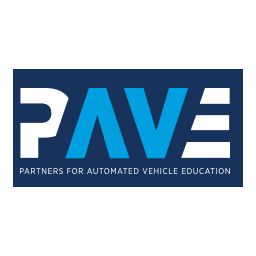
International Mobility Summit
The International Mobility Summit brings together the global mobility community, thought leaders, disruptors, innovators, investors, and policy makers, to shape and plan mobility for our future cities.
IMS mission is to create an inspiring and engaging environment for the global community to connect and collaborate on the next generation of mobility challenges and opportunities.
